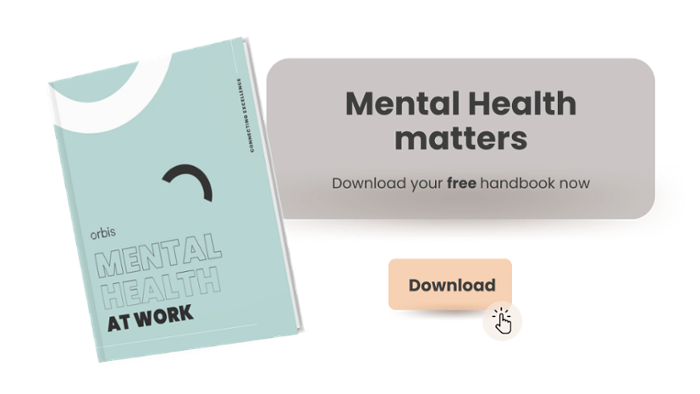.png)
What if we told you there is a formula for happiness?
Well, whilst it's certainly not as simple as it sounds, in terms of neurochemistry, there actually is.
The formula is DOSE.
Dopamine, Oxytocin, Serotonin and Endorphins: The four chemicals in our brains that are responsible for feelings of happiness.
So, can you really hack your brain to become happier? In today's blog, we’ll explore how to make the four hormones of DOSE work for you, not against you.
Dopamine.
Also known as The reward hormone.
Dopamine induces feelings of happiness and satisfaction when we have completed a goal. It’s the hormone behind motivation and curiosity, as stated by Psychology Today.
You can produce more dopamine by getting plenty of sleep, listening to music, and through exercise. You’ll get a good-mood hit at the end of that run, we promise.
A popular myth suggests that you can become addicted to dopamine.
If something you’re craving is becoming a problem, then you need to address the root of that issue, such as drug use. Dopamine is just a side effect of the experience.
Drug misuse can actually overwhelm the reward centre of the brain, leading to a reduction in dopamine production and receptors, Healthline stated.
Try this hack: Each day at work, remember to set small, achievable goals, and tick them all off. This triggers the reward hormone and will boost your sense of well-being.
Oxytocin.
Also known as The love hormone, cuddle hormone, or bonding hormone.
Oxytocin promotes social interaction, which in turn leads to other positive emotions.
It can be harnessed through listening to music, as well as spending time with others, laughing, and showing affection.
According to Greater Good Magazine, oxytocin is just as useful in professional settings as it is in social ones.
It enhances empathy, allowing us to quickly form teams and collaborate better. Showing trust in your colleagues may increase their levels of oxytocin, too. Overall, this can influence teams to work harder toward a common goal.
Try this hack: Have a go at yoga, get a massage, or spend time with a canine friend. Healthline says all of these will cause oxytocin production in the brain.
Serotonin.
Also known as The messenger, or balance hormone.
Serotonin is a neurotransmitter, meaning it’s essential to ensure that processes within the body run smoothly. That goes for mood, digestion and a host of others.
This is the hormone that rebalances us. Serotonin is what you need if you’re feeling anxious, irritable or fatigued.
It can also help regulate appetite, combat cravings, improve learning and memory, and even make you feel more socially inclined.
Sources of serotonin include a good diet, outdoor spaces, exercise and acts of kindness toward others and yourself.
Try this hack: Eat turkey and salmon. They contain tryptophan, which is converted to serotonin in your brain, as Medical News Today explain.
For a bonus, sit in the sun or near a bright light for at least 15 minutes per day.
If you’ve ever suffered from the seasonal affective disorder, you’ll be familiar with the dip in serotonin during winter. For these times, consider investing in a therapy light. See recommendations, within a range of different price points, here.
Endorphins.
Also known as The ‘rush’.
Endorphins are a powerhouse. They are natural painkillers and help us to deal with stress.
You already know about the ‘runner's high,’ right? That’s what endorphins are all about. A primary way to tap into this happy hormone is through exercise. Extra points if you do it outdoors! Other sources include laughter and meditation.
Endorphins are also produced when not-so-fun things happen in our bodies, like injuries. They're here to numb pain and keep us calm.
A lack of endorphins, in contrast, can be linked to addiction, insomnia, depression, anxiety, and bodily pains, Greatist reported.
Try this hack: Eat a piece of dark chocolate. Yep, you’ve got a new excuse! You could also go dancing or try acupuncture.
To wrap up, while many of these habits are easy, healthy ideas to integrate into your everyday life, keep in mind that it’s all about balance.
Sometimes, you’ll have days when you’re not in such a happy-go-lucky mood, and you know what? That’s completely fine.
For more information on Mental Health in the Workplace, check out our Mental Health downloadable, available here for free!



